Media Group Calls for Unprecedented Judicial Enquiry
The recent revelations about a massive scam involving the Nigerian National Petroleum Corporation (NNPC) and the World Bank have caused a significant uproar. A prominent media group has now taken a bold step to address this issue by urging President Bola Tinubu to initiate a judicial enquiry. They describe this scandal as potentially the 'biggest scam in African recent history,' underlining the gravity and far-reaching implications of the alleged fraudulent activities. The call for a thorough investigation is aimed at uncovering the truth, ensuring accountability, and ultimately safeguarding Nigeria's economic interests.
In a letter addressed to President Tinubu, the media group laid out detailed reasons why such an enquiry is not only necessary but urgent. They argue that without a comprehensive judicial enquiry, the full extent of the scam may never be exposed, and those responsible may never be held accountable. The group stressed the importance of transparency and justice, highlighting that the very fabric of Nigeria's economic future could be at stake if these issues are not addressed head-on.
The Nature of the Scam
Details about the scam are still unfolding, but preliminary reports indicate that the fraudulent activities involve substantial sums of money. Allegations suggest that officials within NNPC, in collusion with certain World Bank representatives, orchestrated a complex scheme to siphon off funds intended for vital economic projects. These funds, initially aimed at promoting development and mitigating poverty in Nigeria, were allegedly diverted for personal gain, leaving critical projects underfunded and incomplete.
The media group’s letter to President Tinubu asserts that this scam is a deliberate attempt to sabotage Nigeria's economic progress. They argue that those behind the scheme are well aware of the devastating impact their actions will have on the country's development goals. By drawing attention to this issue, the media group hopes to mobilize public opinion and exert pressure on the government to act swiftly and decisively.
Calls for Accountability and Reform
One of the key aspects of the media group's call for a judicial enquiry is the demand for accountability. They believe that only a full judicial investigation can reveal the identities of all those involved and bring them to justice. The group also emphasized the need for systemic reforms to prevent similar scams in the future. They suggested that the enquiry should not only focus on uncovering the details of this specific scam but also examine the systemic issues within NNPC and the World Bank that allowed such fraudulent activities to take place.
The media group has recommended several measures to strengthen oversight and accountability within NNPC and the World Bank. These include the implementation of more stringent anti-corruption laws, better monitoring of projects and funds, and the establishment of an independent body to oversee financial transactions within these institutions. By addressing the root causes of the scam, the group believes that Nigeria can build a more resilient and transparent economic system.
Public Reaction and Political Implications
The exposure of this scam has provoked widespread public outrage in Nigeria. Citizens are demanding answers and calling for swift action from the government. Social media is abuzz with discussions and debates about the scandal, with many expressing their disappointment and frustration with NNPC and the World Bank. There is a growing sentiment that the government must take immediate steps to address the issue and restore public trust.
Politically, the scandal could have significant ramifications. President Tinubu’s response to this call for a judicial enquiry will be closely watched by both supporters and critics. His handling of the situation could influence future elections and shape public perceptions of his administration’s commitment to fighting corruption. The media group's appeal comes at a critical time, as Nigeria grapples with numerous economic challenges and strives to attract foreign investment. Demonstrating a strong stance against corruption could bolster Nigeria's credibility on the global stage and reassure investors that the country is serious about economic reform.
Global Implications
The involvement of the World Bank in this scandal adds a complex international dimension to the issue. The World Bank, known for its efforts in promoting development and reducing poverty, faces reputational risks if these allegations are confirmed. The global community is likely to observe how the institution addresses these claims and what measures it takes to prevent such occurrences in the future. This scandal could prompt a broader review of corruption and oversight mechanisms within international development organizations.
For Nigeria, the implications of this scam extend beyond its borders. The country’s efforts to attract international aid and investment could be jeopardized if it is perceived as a high-risk environment for corruption. Transparency and accountability are crucial for building trust with international partners, and a thorough judicial enquiry could help mitigate some of the reputational damage caused by the scandal.
Conclusion
The media group’s call for a judicial enquiry into the NNPC and World Bank scam represents a significant push for transparency and accountability. As Nigeria strives to strengthen its economy and build a more resilient future, addressing issues of corruption head-on is essential. The outcome of this call for a judicial enquiry will have far-reaching implications, not only for those directly involved in the scam but for the entire nation. By taking decisive action, President Tinubu has the opportunity to demonstrate his commitment to justice and set a precedent for handling future corruption cases.

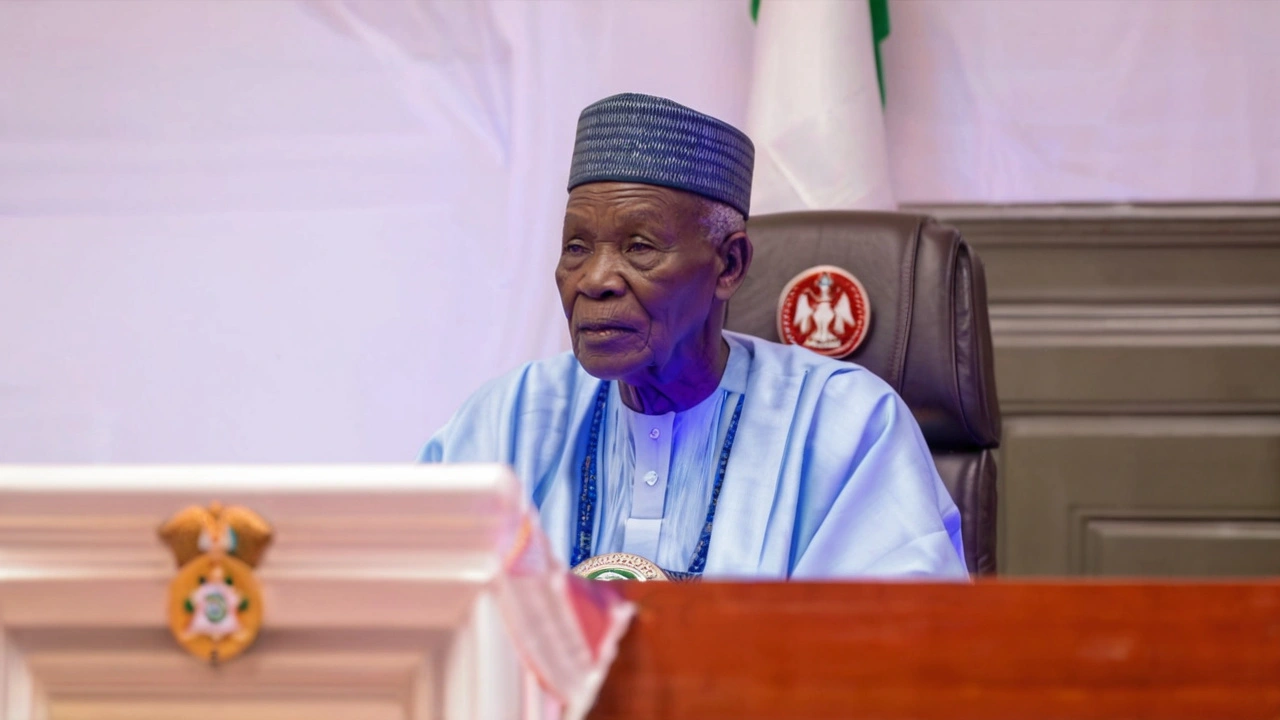
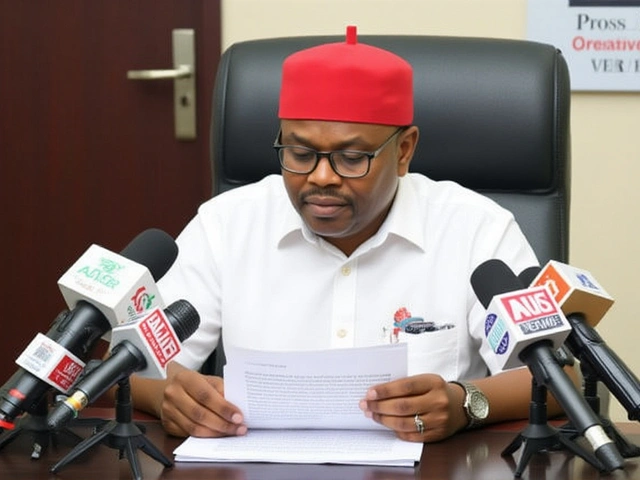
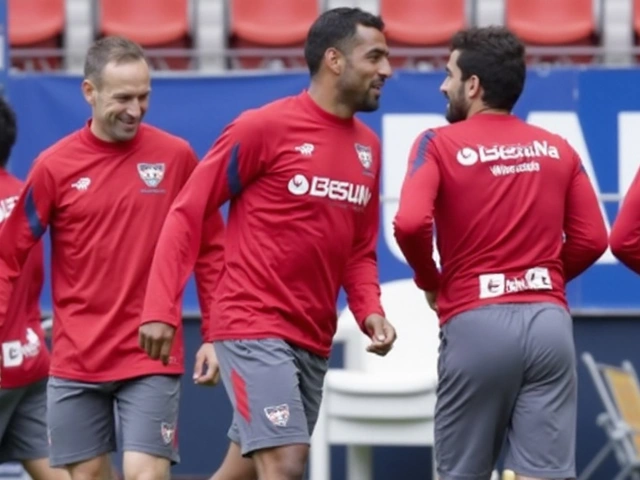

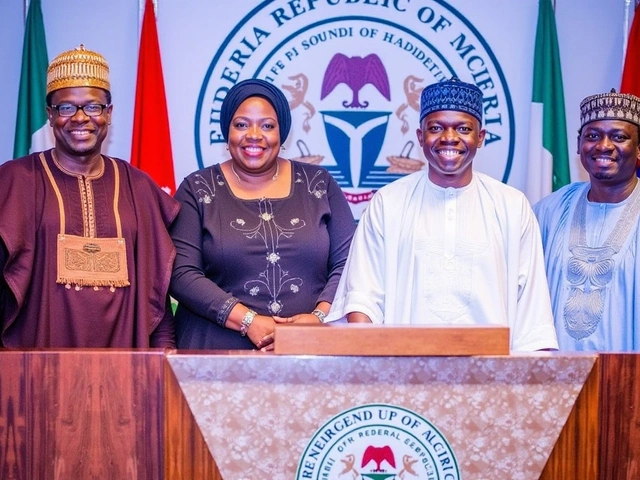

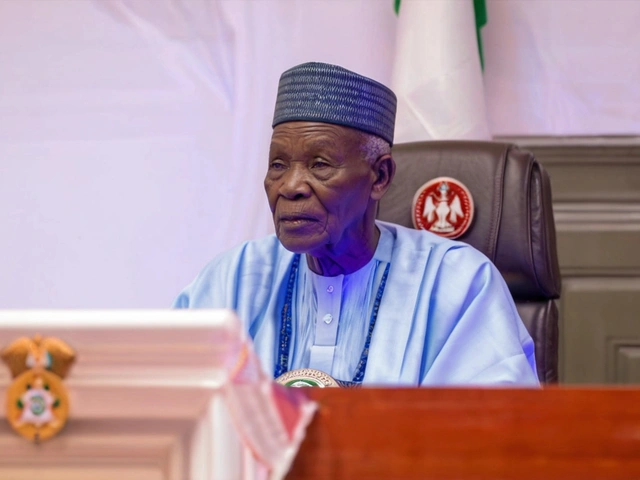
JAYESH DHUMAK
July 26, 2024 AT 18:06It is commendable that the media group has taken a proactive stance by directly addressing President Tinubu regarding the alleged NNPC‑World Bank scandal, for it underscores the essential role of vigilant civil society in safeguarding national resources. The magnitude of the purported fraud, described as possibly the largest in recent African history, warrants a comprehensive judicial enquiry that can dissect both the transactional pathways and the institutional weaknesses that allowed such misappropriation. A thorough investigation should not merely pinpoint individual culprits but also illuminate systemic deficiencies, ranging from opaque procurement processes within NNPC to inadequate oversight mechanisms at the World Bank level. By exposing the structural lacunae, policymakers can formulate reforms that bolster transparency, enforce stricter anti‑corruption statutes, and introduce real‑time monitoring of fund disbursements. Moreover, a public enquiry would reinforce the principle that no institution, domestic or international, operates beyond the reach of accountability. It would send a clear message to both local entrepreneurs and foreign donors that Nigeria is earnest about curbing corruption and fostering a conducive environment for sustainable development. The revelation of diverted funds intended for poverty‑alleviation projects has understandably inflamed public sentiment, eroding trust in both the government and multilateral partners. Restoring that trust necessitates decisive action; a judicial enquiry can provide the factual basis for such restoration. In parallel, the investigation should evaluate the governance framework of the World Bank’s regional operations to ensure that its own compliance standards are not merely rhetorical. The outcome of this process could also influence future financing arrangements, prompting lenders to adopt more rigorous conditionalities and oversight provisions. While some may argue that a judicial commission could be time‑consuming, the long‑term benefits of institutional strengthening outweigh the short‑term delays. Transparency, after all, is a cornerstone of democratic legitimacy and economic resilience. Additionally, it would empower civil society groups, journalists, and ordinary citizens by furnishing them with verified information, thereby countering misinformation and speculation. The media group’s call, therefore, is not only a plea for justice but also an affirmation of democratic participation. In conclusion, the launch of an impartial judicial enquiry stands as a pivotal step toward rectifying the alleged misconduct, deterring future malfeasance, and reaffirming Nigeria’s commitment to good governance.
Santosh Sharma
July 26, 2024 AT 18:11The promptness of this request reflects a genuine desire to protect Nigeria’s economic future, and I hope the administration treats it with the seriousness it deserves. A diligent enquiry can unearth hidden trails of corruption, ensuring that those responsible are held accountable. It also signals to international partners that Nigeria is steadfast in its fight against graft. Ultimately, this could restore investor confidence and pave the way for sustainable development.
Vrushali Prabhu
July 26, 2024 AT 18:16omg this is sooo big! the media group really did a thing here, i think its like a big light on the dark side of the whole nnnc thing. hopin we get some answers soon, cause the people are fed up with the liez.
parlan caem
July 26, 2024 AT 18:40This whole scandal is a textbook example of how elite corruption operates unchecked. It's infuriating that the very institutions meant to drive development are complicit in siphoning resources. The media group’s call for a judicial enquiry is the only feasible way to pierce this veil of deceit. Anything less would be a slap in the face to the Nigerian populace who have endured endless promises and empty reforms.
Sara Khan M
July 26, 2024 AT 18:48Sure, let’s just hope it’s not another “talk‑to‑the‑press” stunt. 🙄
shubham ingale
July 26, 2024 AT 18:56Let’s keep the momentum going! 💪🚀
Ajay Ram
July 26, 2024 AT 19:30From a cultural perspective, this episode reflects a deeper tension between traditional expectations of public service and the modern realities of global finance. Historically, societies have placed a moral duty on leaders to steward communal wealth; when that duty is breached, the social fabric frays. In Nigeria’s case, the alleged collusion with an international entity like the World Bank adds a layer of complexity, as it intertwines local governance with transnational accountability. A judicial enquiry, therefore, must not only trace financial misappropriations but also consider the broader ethical implications for national identity. By engaging scholars, community elders, and civil activists in the investigative process, the nation can foster a more inclusive dialogue that transcends mere legalism. Such an approach could transform the enquiry from a punitive mechanism into a catalyst for cultural renewal, reinforcing values of transparency and collective responsibility.
Dr Nimit Shah
July 26, 2024 AT 20:20Our nation deserves leaders who prioritize sovereignty over foreign influence, and this scandal highlights the dangers of letting external bodies meddle in our affairs. A firm, transparent investigation will reassure Nigerians that their hard‑earned resources are protected. It’s high time we demand accountability from every corner, be it home‑grown agencies or international partners.
Ketan Shah
July 26, 2024 AT 20:53The proposed judicial enquiry could serve as a pivotal moment for systemic reform, aligning Nigeria’s financial governance with best practices while preserving national autonomy. It is essential that the process remains transparent and inclusive, inviting input from both domestic experts and international observers to ensure credibility.